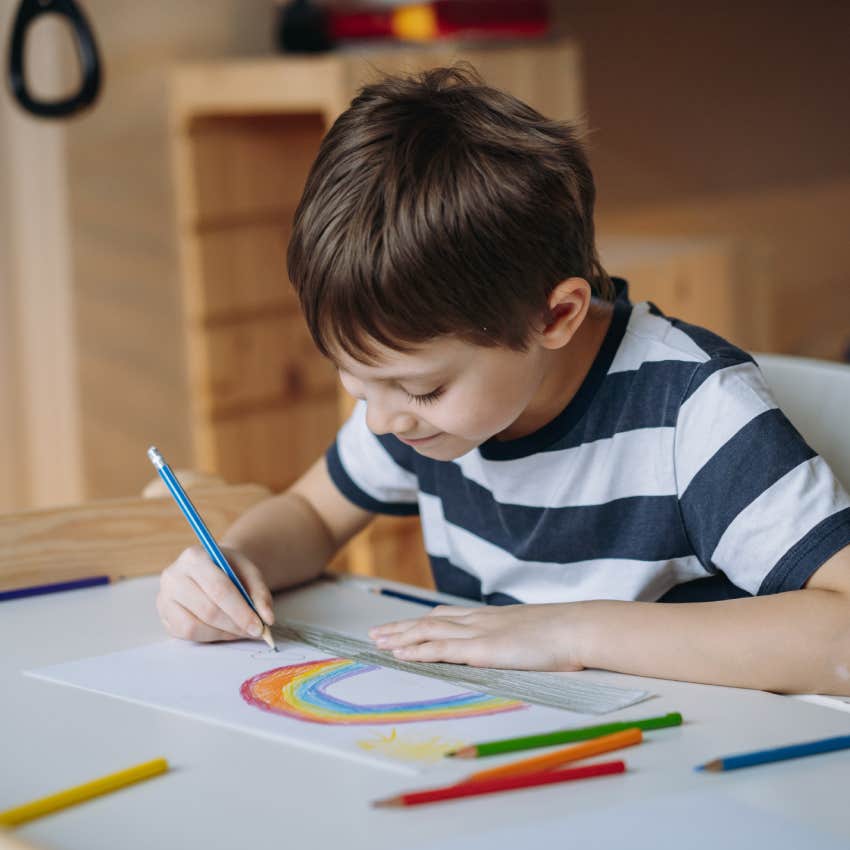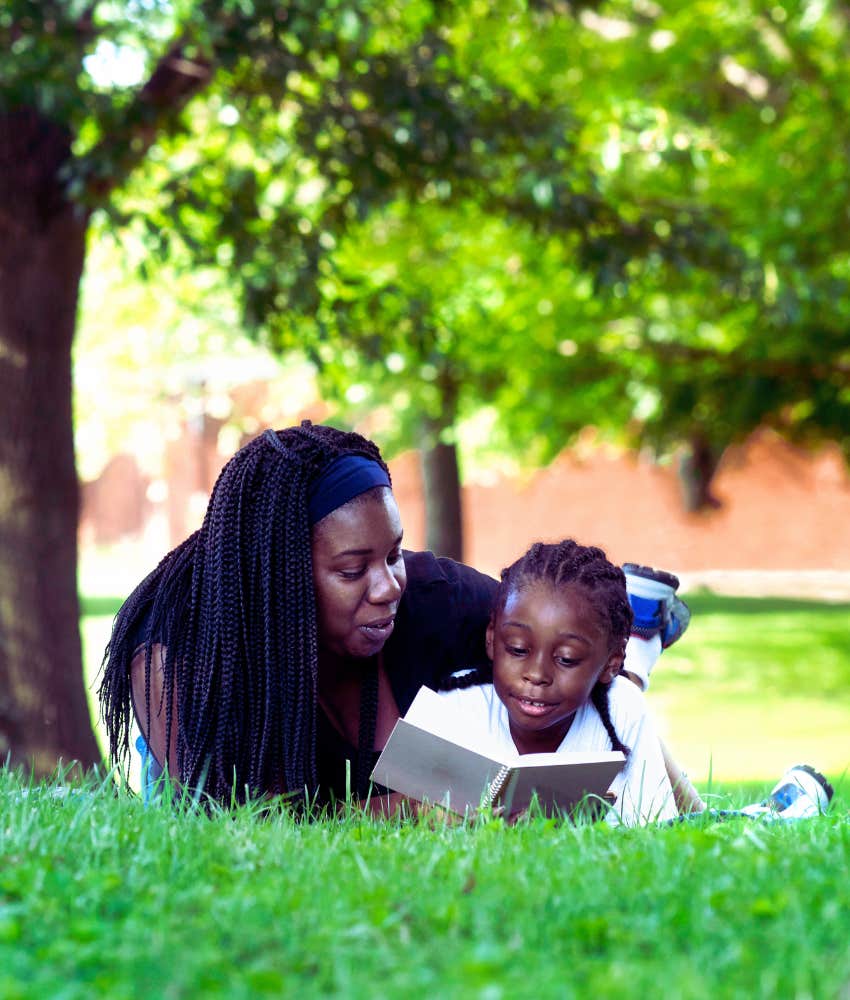Mom Questions If She Should Stage An Intervention For Her 6-Year-Old Son Who Can 'Barely Read' And Has No Desire To Learn How
She explained that her son is good at every other subject in school apart from reading.
 LightField Studios / Shutterstock
LightField Studios / Shutterstock A mom is questioning whether she should be worried and take action because her son isn't reading at the level he should be.
Posting to the subreddit r/Parenting, she claimed that her son has been struggling with reading books independently, and she wants to prevent him from falling behind.
She wonders if she should stage an intervention for her son, who can 'barely read.'
In her Reddit post, she explained that her 6-year-old son is not as proficient at reading as he should be, especially for his age. She's been trying to teach him to read for the last several years. While he enjoys having books read to him, he has no motivation or desire to read them on his own.
"The more I try to encourage, the more annoyed he’s getting," she admitted. Despite his reading setbacks, she noticed that her son is a creative child and reminds her of the cartoon character Jimmy Neutron if Jimmy were an artist. He has an impressive imagination, finds enjoyment in inventing different things and ideas, and has expressed an interest in being an illustrator when he gets older.
 Photo: Yulia Raneva / Shutterstock
Photo: Yulia Raneva / Shutterstock
He's also great at math and is in the top 1% at school. However, his reading comprehension skills could use a bit of work. He simply can't read and finds learning how frustrating.
"His last assessment caused me immense anxiety. He absolutely bombed. He couldn’t have gotten a lower score," she continued. "I feel like I’ve tried everything, and I’m sad because I believe he would really enjoy it if he just found a learning style or a way to learn that he responds well to."
She pointed out that she will be bringing this up with her son's teacher at the next parent-teacher conference, but she was wondering if there could be something she could try doing at home in the meantime or if she should simply ask for an earlier intervention with his teacher.
 wanderluster / Canva Pro
wanderluster / Canva Pro
It's pretty common for children to have different learning styles that don't necessarily fit the standard technique. It's clear that school isn't the problem, but reading in general. This could mean that he might be suffering from a learning disability, like dyslexia, and the only way to know for certain would be to consult with a specialist or educational psychologist for a proper diagnosis.
American children have been struggling with reading in recent years.
While this young boy's disinterest and annoyance with reading could be a sign of a learning disability, more and more teachers have taken to social media to express their shock over students' lack of reading skills. According to the results of the National Assessment for Educational Progress (NAEP), two-thirds of U.S. fourth-graders are not at a proficient reading level.
While some of the blame has fallen on the pandemic and the months children spent learning virtually, others have pointed out that this problem existed years before. Decades of research, per Real Clear Education, have found that the most effective way to teach children to read is by incorporating phonics, associating sounds with letters and spoken words, fluency, vocabulary, and comprehension — instead of just depending on phonics alone.
A music teacher named Teresa Kaye Newman recently spoke about the literacy issues plaguing U.S. classrooms and how many kids are struggling because they simply can't read. She pointed out that literacy is something that spills over into other subjects, including music.
"The most basic concept they need to be able to know … to function in music class is the first seven letters of their alphabet," Newman said. "Bring it back down to kids that are [in] kindergarten, first, second grade, [and] third grade, when you have children’s piano teachers who are also saying that they’re having issues with kids not being able to tell you what letter comes next in the alphabet."
At the end of the day, this mother's issue with her son's lack of reading comprehension opens up a discussion about the larger issue that many other children are facing. There is a discrepancy when it comes to literary education in this country, whether it's students who have a learning disability or those who struggle with ineffective teaching methods.
By recognizing and addressing these problems, children can finally gain stronger reading skills, which are essential for navigating life.
Nia Tipton is a Chicago-based entertainment, news, and lifestyle writer whose work delves into modern-day issues and experiences.

